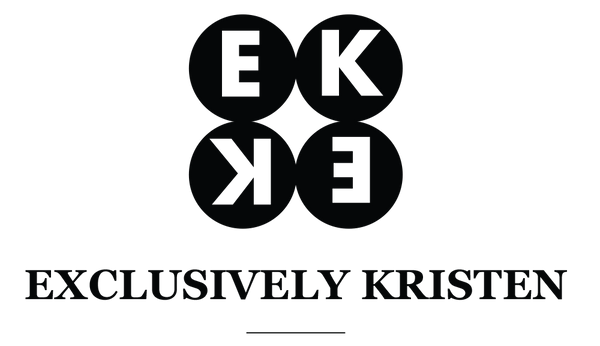I recently attended the 39th Asian American International Film Festival's showing of Under Construction, which is a Bangladeshi film directed by Rubaiyat Hossain. The film follows Roya, who seems to have it all: a rich husband, a nice apartment with a live-in maid, and an accomplished acting career. She is highly educated and, on the surface, appears content. But she is deeply troubled by the social issues that plague her life and her country, particularly issues pertaining to gender and class. Moviegoers are able to feel the tension between Roya and her passive aggressive husband as she navigates being a "good dutiful wife" and an accomplished professional. Also, the film spends a significant amount of time highlighting the garment industry in Bangladesh and even shows actual scenes from the tragic Rana Plaza collapse.
Under Construction is a universal story. Women sometimes feel pressure to have children and are shamed for choosing a career over starting a family. Also, options tend to be limited if you are poor. If equal opportunities and gender equality are easy tasks then they would've already been accomplished. That is the reality of the world in which we live.
The movie also highlights the micro-level actions that individuals can take in order to move society forward in terms of equality and opportunities. Roya uses her social capital to question what it means to be an "ideal" woman in Bangladesh via how the female lead in a play is written. She makes sure that her teen live-in maid does her homework and when the maid becomes pregnant, Roya tries to convince her to stay and complete school instead of dropping out in order to work for a garment manufacturer and moving to a slum with the baby's father.
Although establishing a system that promotes and maintains equality is a daunting task that no one person can accomplish on his/her own, there are micro-level actions that we, as individuals, can do to promote this ideal. As a business owner, I choose to work with We Speak because they promote healthy models and ethical labor practices. I choose to manufacture my garments domestically because I want to help to bring good paying jobs back to the USA and to not support the groups that made tragedies like Rana Plaza happen. My hiring decisions have only to do with a potential employee's merit and nothing to do with his/her sexual orientation, race, religion, or gender/gender identity.
Exclusively Kristen's choices as to who we work with are drops in the bucket when addressing the overwhelmingly complex issues of domestic employment, ethical labor practices, and equal opportunities. However, our baby steps will mean a world of difference to the person who now has job options because American manufacturing is expanding, or the person who has faced rampant job discrimination finally getting the opportunities that he/she has worked hard for, or the model who doesn't feel obligated to work for unscrupulous agencies because more fashion companies are only working with agencies that promote body positivity and uphold high labor standards. Macro-level change usually starts as micro-level choices.
